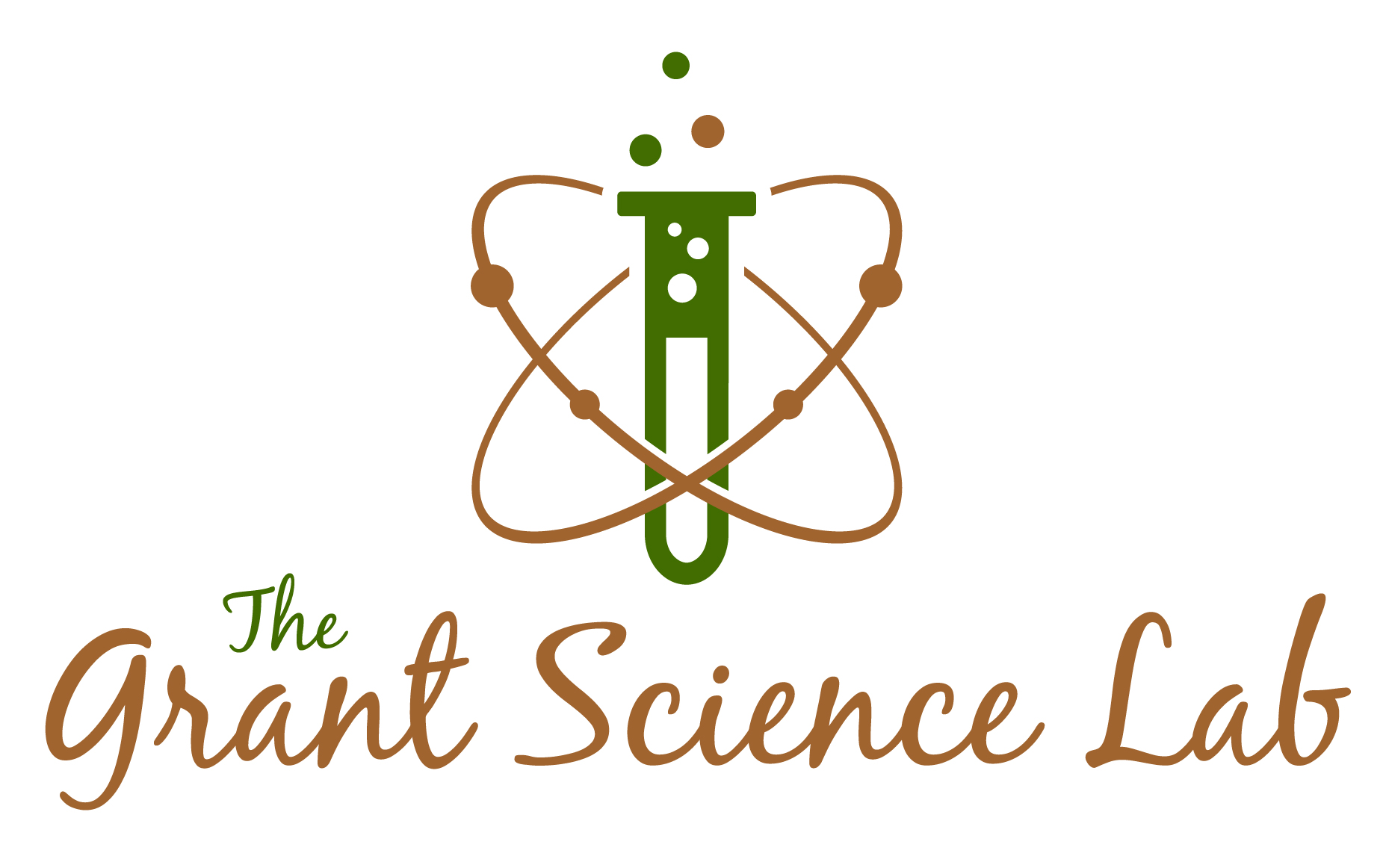Some Thoughts About Academic and Scientific Grants
 Grant consulting is hard work. I am fortunate to belong to the Grant Professionals Association. It is a great group and I’ve found some great colleagues. Scientist members are pretty rare within the organization, but there are large higher education and health care special interest groups. Once I got more involved with the local chapter and then attended the national convention, I was stunned to realize how much I knew about grants just from preparing NSF and similar proposals. This past January, I was the invited guest for #grantchat on Twitter. Here is a link to the Storify archive of that chat. There is more at grantchat.org.
Grant consulting is hard work. I am fortunate to belong to the Grant Professionals Association. It is a great group and I’ve found some great colleagues. Scientist members are pretty rare within the organization, but there are large higher education and health care special interest groups. Once I got more involved with the local chapter and then attended the national convention, I was stunned to realize how much I knew about grants just from preparing NSF and similar proposals. This past January, I was the invited guest for #grantchat on Twitter. Here is a link to the Storify archive of that chat. There is more at grantchat.org.
Professional Development: Past, Present, and Future
 Professional development should be a part of any and every career. As a former faculty member, faculty development, whether in teaching or scholarship was part of that life. As a scientist, attending scientific meetings, presenting papers at the same, participating in various topic workshops was a part of not only professional development, but also about communication of scientific findings to the research community. As part of both faculty and scientific professional development I attended a few grant writing workshops whether sponsored by the university or an outside organization.
Professional development should be a part of any and every career. As a former faculty member, faculty development, whether in teaching or scholarship was part of that life. As a scientist, attending scientific meetings, presenting papers at the same, participating in various topic workshops was a part of not only professional development, but also about communication of scientific findings to the research community. As part of both faculty and scientific professional development I attended a few grant writing workshops whether sponsored by the university or an outside organization.
It’s been a few years since I attended or presented at any kind of professional conference, but not even a year ago, I jumped in with both feet as a volunteer with the first Southern Regional Grant Conference of the Grant Professional Association (GPA), organized by the Georgia chapter of the GPA. That act opened new opportunities for career development as a grant consultant. Last fall, I attended the national conference of the GPA held in Baltimore, MD. Every workshop or group session connected to professional development in some way. It was refreshing to realize that the 20 years I spent researching, writing, and administrating scientific and a few educational grants in my career as a college professor between teaching and service requirements was the perfect training ground for a grant consultant. One of the best things about the conference was no one seemed to be worried about “getting scooped” with research results in the rush to publish or about intellectual property. There still is a lot to learn from this wide variety of grant professionals.
Just eleven months ago the Georgia chapter of the GPA was putting the final touches on their first conference. Now, the second Southern Regional Grant Conference begins Thursday. The conference agenda and workshop topic schedule is here. Use #srgc14 to follow the conference on Twitter or join us at the live feed. Check out my workshop on Scientific Research and Academic Grants: A Guide for the Curious, which I will embed here after the event. I’m looking forward to the next GPA conference in Portland, OR to grow professionally as a consultant, work with my colleagues as the chair of the new Science Special Interest Group, and prepare for certification as a grant professional through the Grant Professional Certification Institute.
Pollinating the Petunias: A Career In Science
 It started with pollinating the petunias near the front door of my family’s southern California home. There wasn’t much real science education in my elementary school of the late 1960s, but we read a chapter about Gregor Mendel’s experiments in our science textbook that year. Finding inspiration in that fundamental life science research, I had to try it out myself. So I set out to cross-pollinate them. My parents were encouraging, but slightly puzzled. Something must have worked because the petunia color and variegation changed with time. Did I have proper controls, procedures or keep a record? Of course not, I was just a girl child fooling around with the plants in her front yard. But that is how STEM careers begin. Some phenomenon in the natural world inspires a child to wonder and play.
It started with pollinating the petunias near the front door of my family’s southern California home. There wasn’t much real science education in my elementary school of the late 1960s, but we read a chapter about Gregor Mendel’s experiments in our science textbook that year. Finding inspiration in that fundamental life science research, I had to try it out myself. So I set out to cross-pollinate them. My parents were encouraging, but slightly puzzled. Something must have worked because the petunia color and variegation changed with time. Did I have proper controls, procedures or keep a record? Of course not, I was just a girl child fooling around with the plants in her front yard. But that is how STEM careers begin. Some phenomenon in the natural world inspires a child to wonder and play.
Forty-five years later I am still wondering about science and still playing at it after a fashion.


